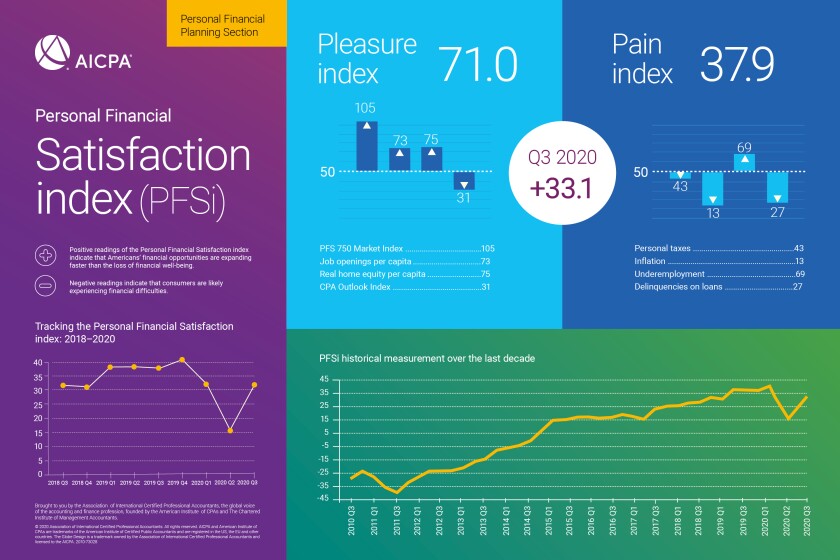The rapidly unfolding crisis in the brick-and-mortar retail sector is inflicting collateral damage on the credit card industry, and particularly on lenders that finance Americans’ spending at shopping malls.
No card issuer appears more vulnerable than Alliance Data Systems, which had taken a hit from the shift toward online shopping even before the COVID-19 outbreak. Shares in the Columbus, Ohio-based company have fallen by 62% this year, and by more than 50% so far this month.

With malls across the country still closed on Tuesday, CEO Ralph Andretta made his first public comments since joining Alliance Data in February. Andretta said during a call with analysts that sales volumes on the company’s credit cards have deteriorated in the last couple of weeks, but he also expressed confidence that the economic disruptions will be relatively short-lived.
“Based on historical trends, we expect pent-up demand to be significant once things normalize,” Andretta said. “We believe this consumer purchase activity is delayed, but not lost.”
One big question is to what extent historical comparisons apply. Andretta made references to the SARS outbreak in China in 2003 and the MERS outbreak in South Korea in 2015. “In both cases, the markets stabilized as the epidemic came to an end. This occurred in a matter of months, not years,” he said.
But those two health emergencies resulted in a combined global death toll of around 850, which is less than 5% of the deaths worldwide so far from COVID-19.
Within corporate environments, accountants are essential team members when it comes to governance, risk and compliance, especially during the pandemic.
Financial satisfaction of people in the U.S. bounced back strongly in the third quarter, reversing the lows brought on by the coronavirus.
Before the pandemic, accounting and finance professionals actively searched for better opportunities. Once the pandemic hit, employees worried about company layoffs and hesitated to seek new opportunities.
Analysts at Compass Point Research & Trading said in a note to clients on Wednesday that they are maintaining their neutral rating on Alliance Data, and that an upgrade would require a “leap of faith” about the duration and magnitude of the ongoing economic shock.
The share prices of other credit card specialists, including Discover, Capital One and Synchrony, have also been pummeled over the last month. Losses in the card business typically rise along with unemployment.
But Alliance Data, which was born from the 1996 merger of business lines at The Limited and J.C. Penney, has greater exposure to mall-based retail than most of its competitors. Its partners include Forever 21, which has declared bankruptcy, as well as J. Crew and Victoria’s Secret, which have been closing stores amid changing shopping trends.
In recent days, executives in the retail industry have been predicting catastrophic effects from the coronavirus pandemic, though the sector appeared poised Wednesday to receive aid as part of the massive stimulus legislation that was moving quickly on Capitol Hill.
“We are obviously in the midst of a national crisis,” Tom McGee, CEO of the International Council of Shopping, said during a recent interview with Yahoo Finance. “It is having an unprecedented impact on malls.”
The pandemic prompted Alliance Data to reshuffle plans that were put in place following the arrival of its new CEO. Back on Feb. 20, Andretta announced that he would spend the next 100 days on a listening tour and work to develop a strategic plan by late spring.
Instead, Andretta was on a call with analysts Tuesday, offering an assurance that he and Chief Financial Officer Tim King were maintaining six feet of distance from each other, and seeking to assuage concerns about the risks in Alliance Data’s book of loans.
“Our credit card portfolio is better positioned today, from a risk standpoint, than it was during the Great Recession,” he said.
Andretta also predicted that the coming spike in the unemployment rate will abate quickly. “And that’s why I don’t believe the loss rates will be any higher than the last recession,” he said.







